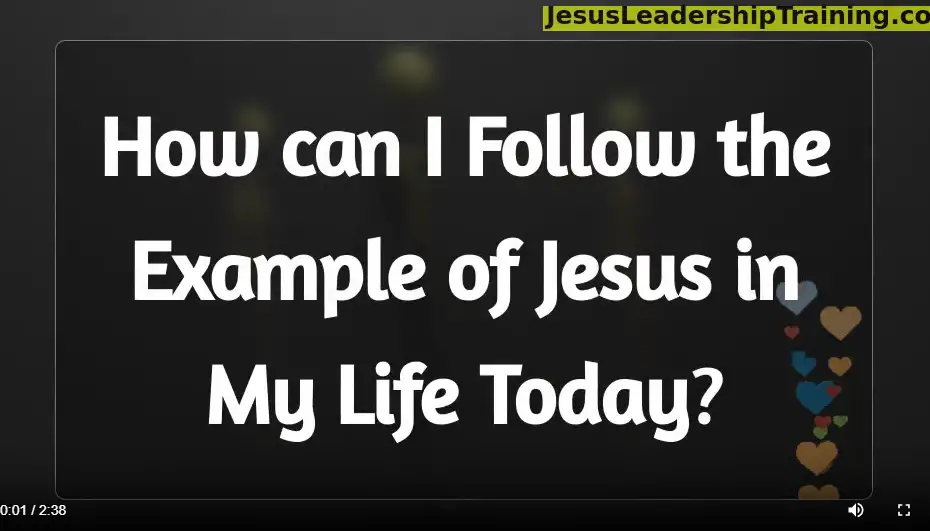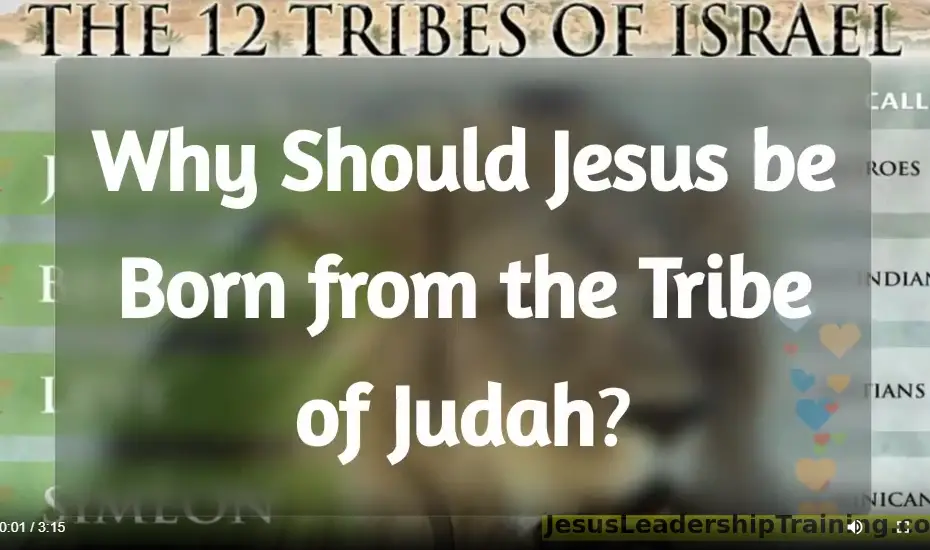How can I Follow the Example of Jesus in My Life Today?
To follow the example of Jesus in your life today involves embodying His teachings and character as outlined in the Bible. Jesus’ life and words provide a clear guide for living in a way that honors God and serves others. Here are relevant Bible verses… Read More »How can I Follow the Example of Jesus in My Life Today?








